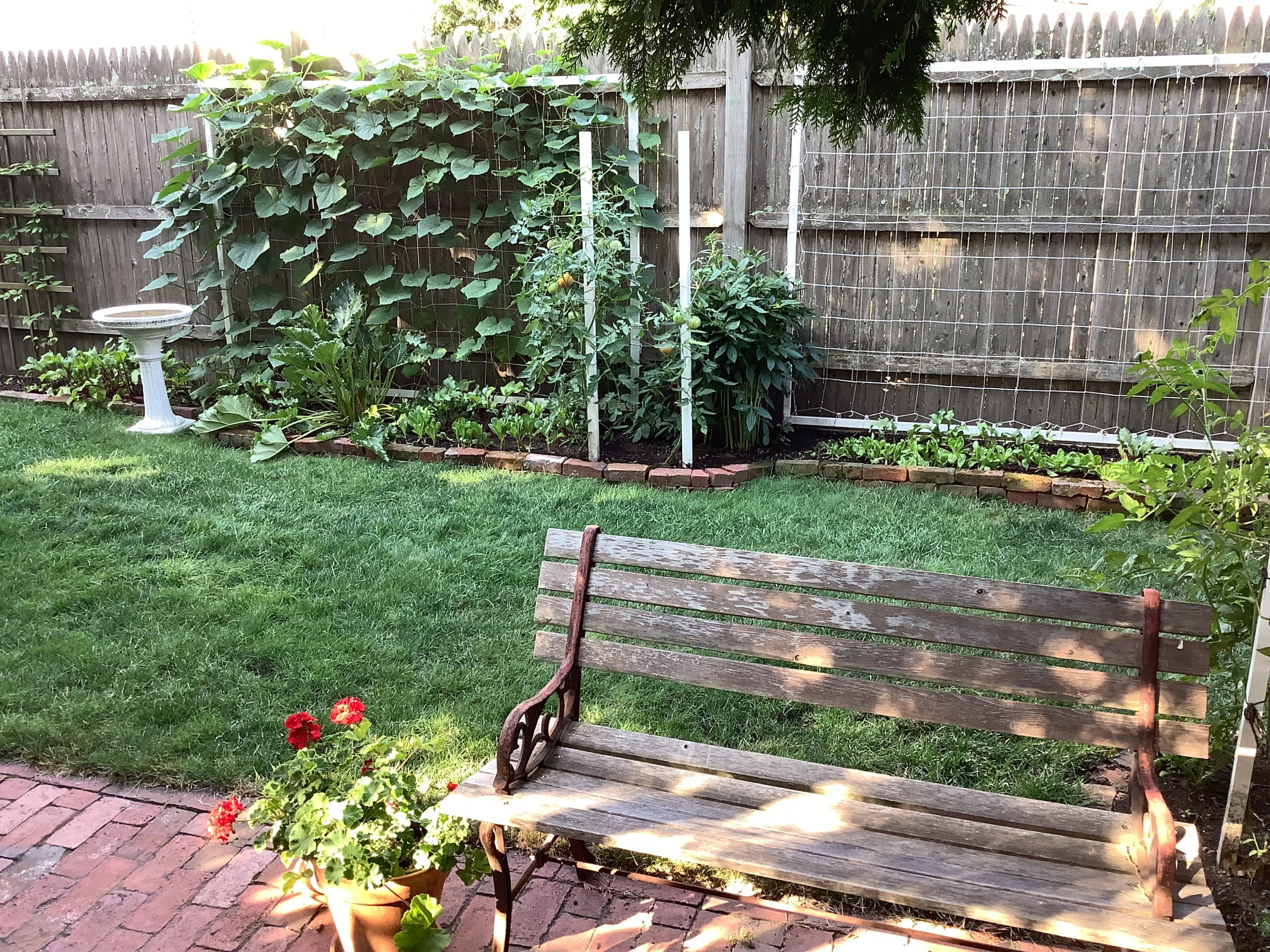Course Spotlight: Urban Agriculture
Urban Agriculture
Urban Planning and Food Studies
MET ML 714 A1 (Summer 2- 2023)
Course Description:
Climate change demands immediate action and, to withstand altered temperatures, people need to eat healthy food and be active. Lessening drought in Africa or reducing food shipments are tasks beyond the reach of citizens but, with close-to-home urban agriculture, everyone can say, “I can do that.”
Through lectures, readings, and site visits, this interactive urban planning/gastronomy course will explore home vegetable gardens, leased plots, community gardens, and parks/sidewalks. Students will be challenged to come up with new ideas to increase the production of locally-grown vegetables and have more hands in the soil.
Learning Objectives:
- Evaluate existing local, state, or federal policies and programs related to the geographic locations (urban planning) of the different urban agriculture vegetable gardens to determine existence of fun factors, aesthetics, and quality produce.
- Assess policies and practices that best guarantee high yield and nutritional factors (food studies) including quality compost, no lead in soil, easy access to water, carefully selecting seeds, and regenerating soils.
- Understand how to write a peer reviewed journal article.
- Propose new policies related to urban agriculture in the community.

Here is a bit of Professor Lusk’s vision for the course:
During World War II, a winning idea was the Victory Garden. Madison Avenue posters were everywhere, 20 million gardens provided produce, and the Federal government served as the leader. Everyone got behind Victory gardens because of the war but now, gardens are isolated and occasional news stories cover individual case studies. An overall focus would elevate vegetable gardens for their contribution to public health, equity, and climate change under the banners of urban planning and food studies. Student’s ideas for new policies are essential. This course will ask students to think of the urban agriculture policy they would propose to cultivate the highest number of gardeners and vegetable yield.
There currently are awards for gardening but the major focus is on flowers and some community garden organizations discourage planting trees. With climate change, the necessity of removing hardscape, and the need to increase the number of people involved in growing vegetables, broadly showcased initiatives should focus on climate-responsive urban agriculture that includes criteria for the fun factor, visual aesthetics, trees to lessen heat island, and soil improvements to produce healthy vegetables. What policies would students develop to add pleasure and enjoyed food to the wide variety of urban agriculture opportunities: A) Single-family and multi-family housing pots or gardens; B) Individual leased plots; C) Large collective community gardens; D) Community owned property (parks and wide sidewalks). What initiative would a student explore or are they currently doing that increases close-to-home healthy vegetables? What about compost?
World War II ended and so did the Victory gardens. What ideas will students propose so urban agriculture is a publicly embraced and continuing answer to combat climate change?
The course is open to graduate students and upper-level undergraduates who may register via the Student Link.
Non-degree seeking students can find registration information here.
